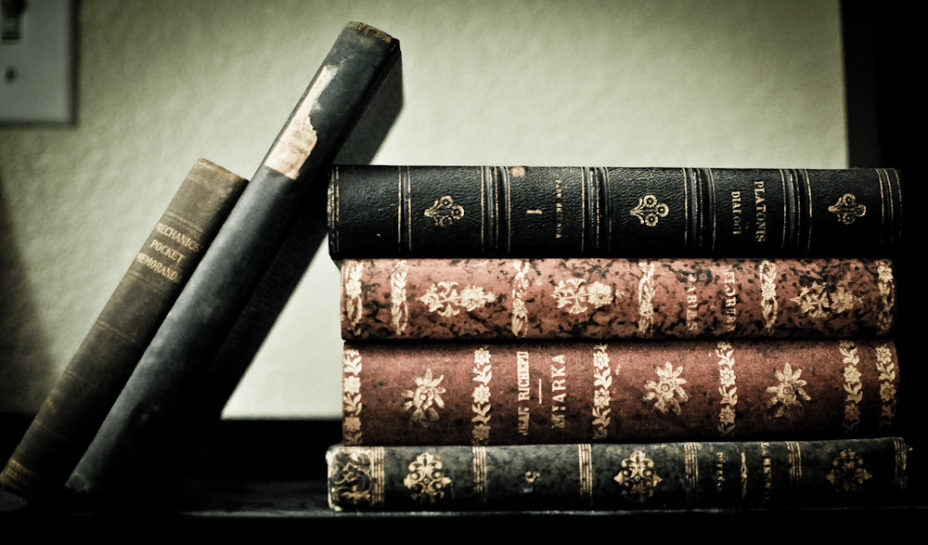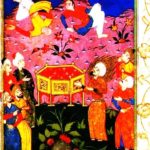One of the supposed proofs of the divine nature of the Quran is that it is supposed to be in an inimitable and sublime literary style. I did not think much of this, reading it in translation–with Arberry’s translation, at least, you could concave that the original might actually be a literary masterpiece in places.
And then I began to read it in Arabic, and my beliefs changed rapidly.
The Quran is written in a rhyming prose style, where the end of each ayah is marked with a rhyme. It was revealed out of order, and even within a single surah, there can be an ayah or a section of ayat inserted at a later date. These insertions sometimes differ wildly in length from the surrounding ayat, creating a very disconcerting interruption.
Furthermore, there are grammatical irregularities and frequent deficiencies in style to force the rhyme, even though the way Arabic is constructed makes forming rhymes a thousand times easier than it is in English.
To get much of the same effect in English that exists much of the Quran, I’ve composed this in English to get a feel for the kind of things that are going on in the Arabic text. The rhyming words are a bit more artificial because in Arabic, huge numbers of words rhyme more naturally, but this is the closest approximation in English that really can be made:
And when the sun turns to black
And when the stars go back
And when the roaring seas attack
Then for nothing will you lack
According to the will of Allah, the Most Merciful, who choses those with pain are wrack
And afterwards, with the lightning crack….
Yes, this level of awkwardness, complete with grammatical irregularities, exists in the 1924 Cairo Quran. And I am flabbergasted. There is no other word for it.
The best of the internal sound-rimes (not really rhymes proper) are formed by repeating different forms of words that share the same root. But this is a small grace to what is a generally remarkably graceless work. (I’ve approximated this through repeated words and the doubled “will.”)
This is papered over with the way in which the Quran is recited–without rhyme, with a wandering and musical drone, with long emphasis on the very repetitive sounds most Arabic vowels. Throw some Gregorian chanting on what I just wrote, and it might sound beautiful, too. But the naked text, without the pious embellishment, is not remarkable in its literary qualities. (I would argue that Arberry’s English translation is far superior, in fact, as literature than the Arabic, and it is quite impressive in places.) There is a vigorous (if repetitive) use of imagery in the Quran, but it is not a good work, on a literary level, and it cannot compare to the masterworks of literally any language–including Arabic.
Of course, now I will be told that because I can’t speak classical Arabic well at all (and it is true–I’m not learning pronunciation) that I can’t fully appreciate it beauty. But I think anyone who how to read English at all can tell my example is bad without being able to speak even one clear English word at all.
Here’s a surah “like it” in Arabic:






